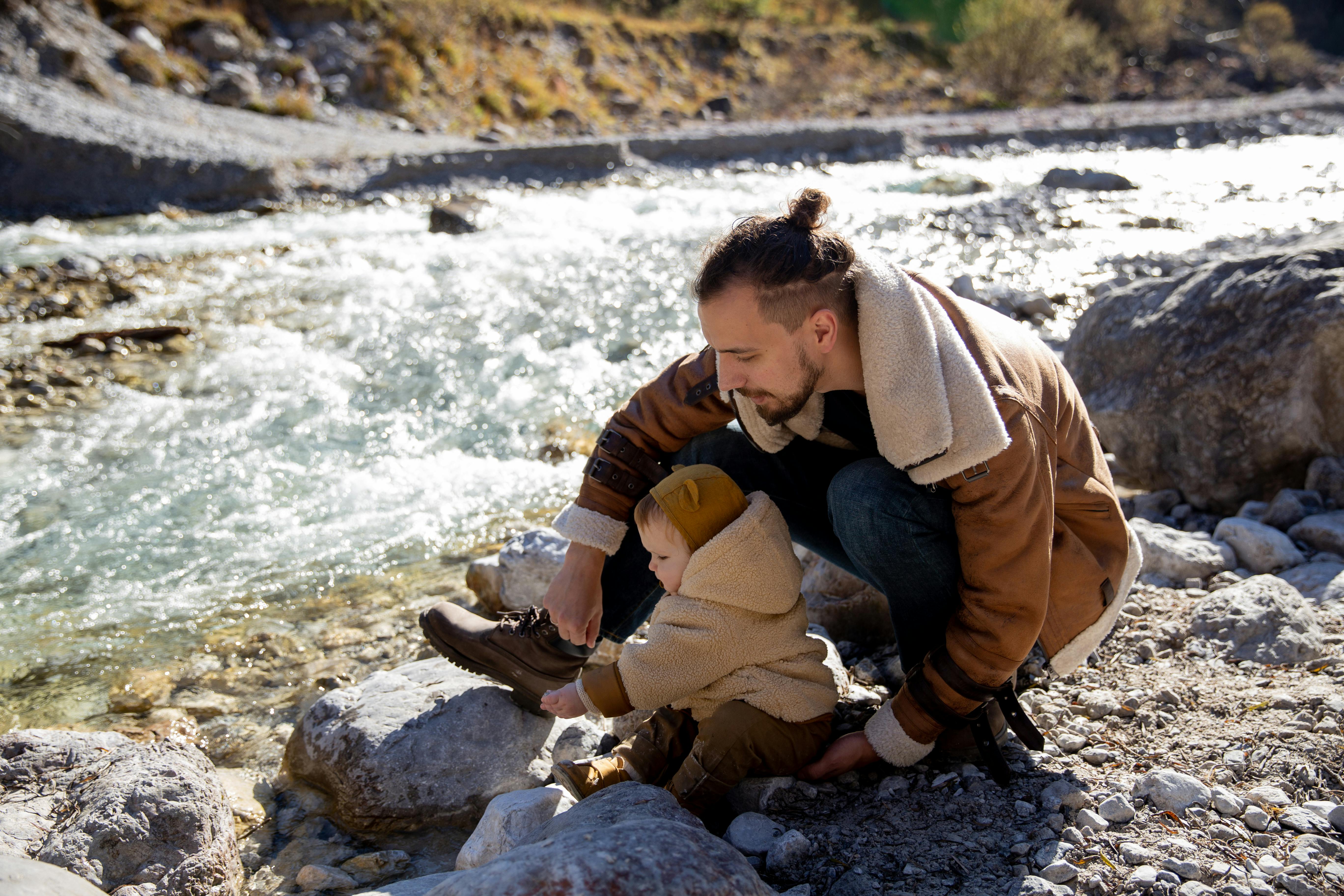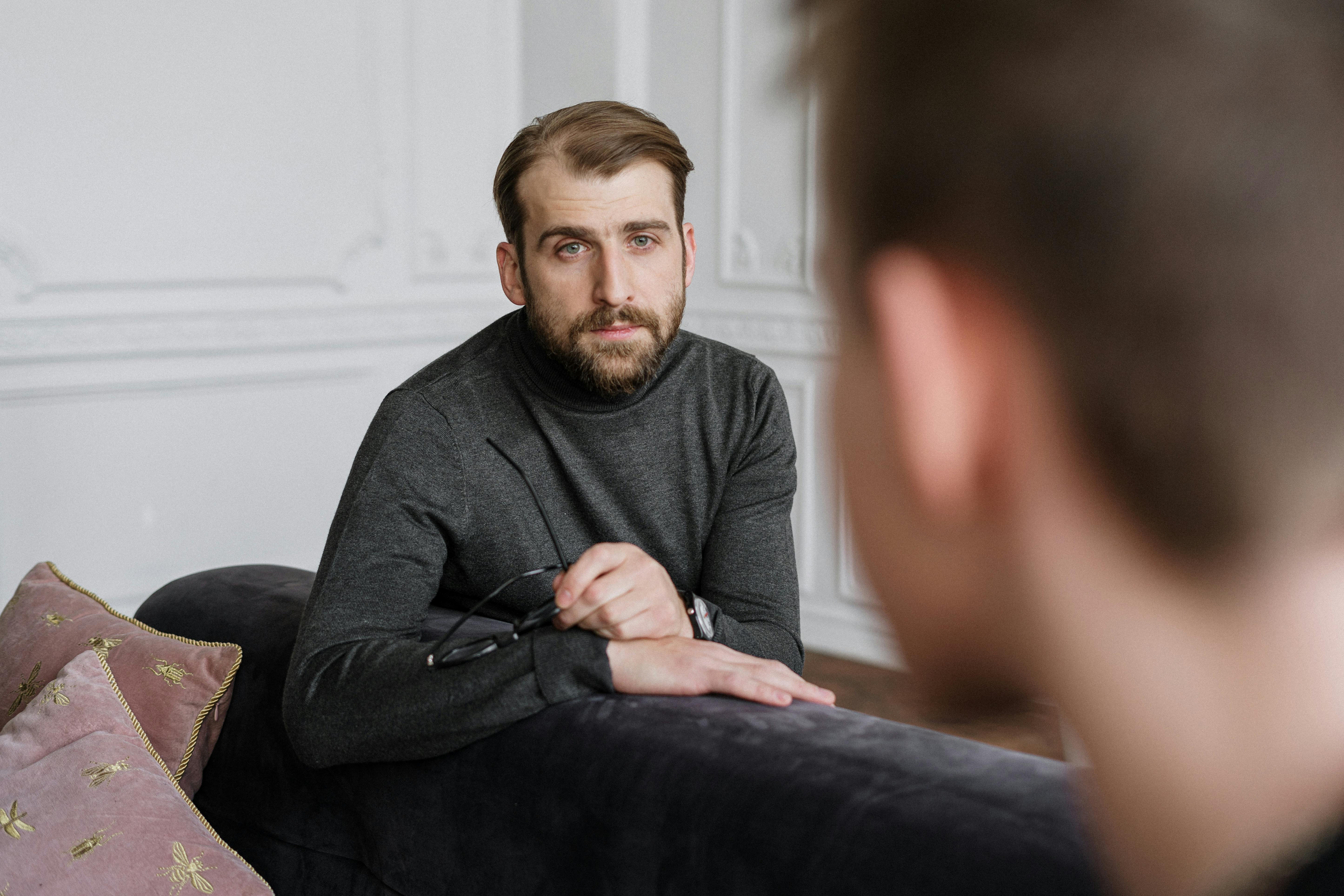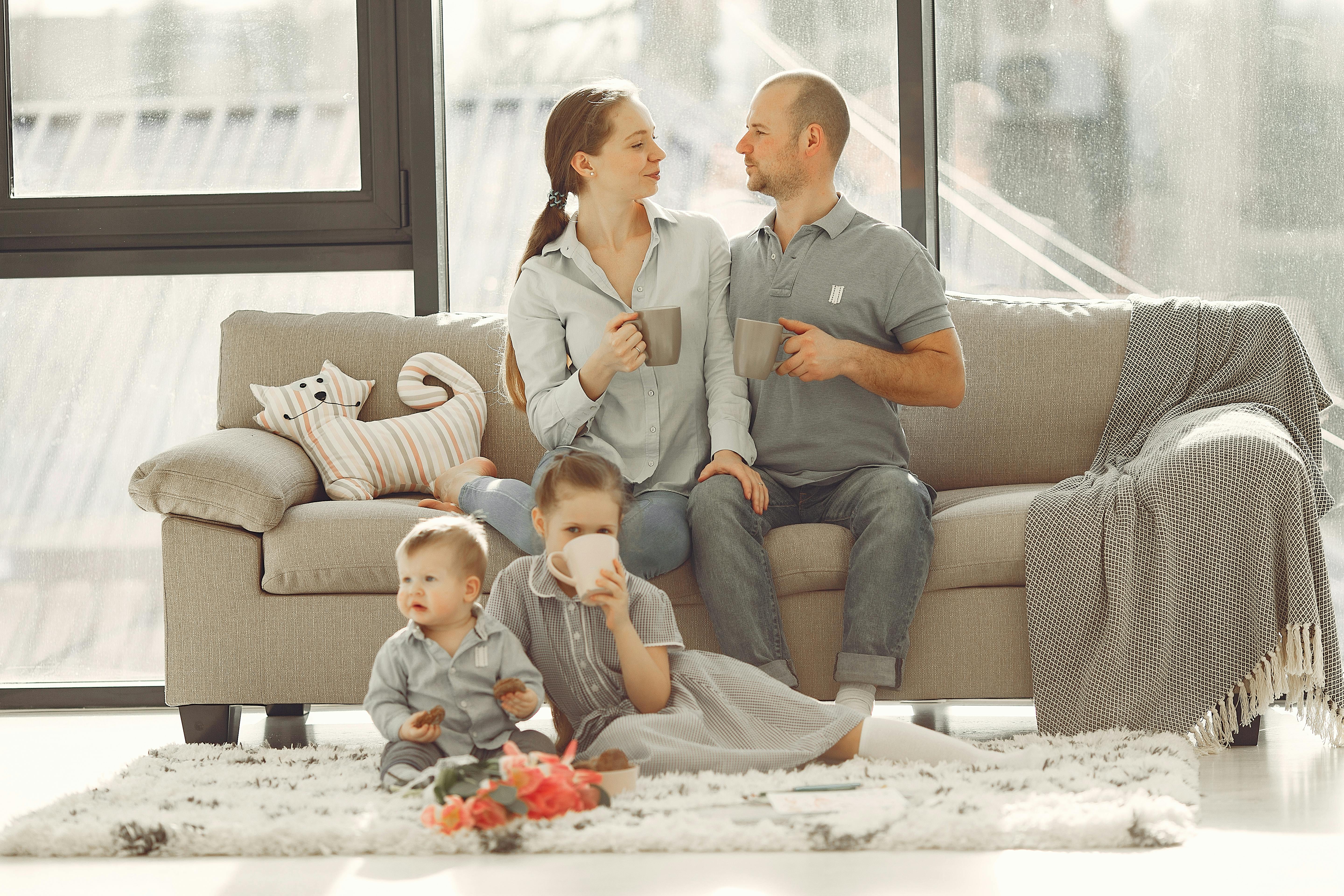Many people often find themselves cleaning their home like crazy, because they want to make sure that their home is clean for their children. Unfortunately, most people have no idea of the harmful toxins found in many household cleaning products. Many moms and dads find themselves using bleach to clean items purchased at garage sales and even to clean walls or bathrooms. Why shouldn’t they? I mean the bottles don’t say how toxic it is! All the manufacturer cares about is making parents think the product is great at killing germs, so as parents we buy them. They do not alert users to the toxins contained in these cleaning products. Most parents find themselves cleaning baby’s crib, toys, and floors with cleaning products, which are leaving more toxins than the toxins they are cleaning because companies are NOT required by law to alert the consumer.
Here are some great facts about common household cleaning products found in many homes around the world today! Formaldehyde, phenol, benzene, and toluene are found in common household cleaning products, and all have been linked to carcinogens and immune system toxins. Children are very vulnerable to toxic chemicals. Pound for pound of body weight, children drink more water, eat more food, and breathe more air than adults. The implication of this is that children will have substantially greater exposure than adults to whatever toxins are present.
Most children at an early age spend a large part of the day putting things in their mouths. Young children especially, they seem to put anything and everything into their mouths that they can get their hands on. In 1998, Rutgers University scientists discovered that pesticides sprayed in a home evaporate from floors and carpets and then condense again on plastic and foam objects, such as pillows and stuffed toys. By looking at how often a group of preschool-age children put clean toys in their mouths, the researchers calculated that contaminated toys are likely to provide children with much higher doses of poison than adults would in the first place. same environment.
Babies don’t excrete contaminants or store them in fat the way adults do, making poisons more available to affect rapidly growing bodies. Also, because a baby’s immune system is not fully functional, a baby’s body cannot counteract the toxic effects as well as an adult can. In an adult, a blood-brain barrier insulates the brain from many of the potentially harmful chemicals that circulate in the body. But in a human child, that barrier doesn’t fully develop until six months after birth.
A pregnant woman can also pass toxins from common cleaners to her unborn child! Many contaminants, such as dioxins and PCBs, have an affinity for fatty tissue. During pregnancy, women mobilize their accumulated stores of body fat to nourish their growing babies; the contaminants in the fat are then passed on to their children. Nursing mothers also transfer to their babies a good deal of the chemical buildup that they accumulate throughout their lives.
Children exposed in utero are at the highest risk of all. Because cell structures change so rapidly during embryonic and fetal growth, toxic exposure at the wrong time can permanently alter later development. According to Dr. Landrigan, the central nervous system is especially vulnerable. To function properly, the developing brain must establish an intricate network of interconnected neurons. Small doses of neurotoxins during critical periods of brain development can disrupt those crucial neural pathways: one mistake early, and the brain can be forever changed in subtle or gross ways. Government and university scientists are currently investigating the possibility of a connection between fetal toxic exposure and developmental disabilities such as attention deficit hyperactivity disorder (ADHD).
As a parent, you SHOULD be concerned about this! Cleaning your home with toxic products is literally destroying your children’s bodies and adding changes to cancer and other life-threatening health problems.
Even if you had no idea of this concern until you just read this article, now is the time to take action! You can start by using only toxin-free cleaning products! Get rid of any products that are not organic. If a product is eco-friendly, that means it’s safe to have in your home! If it’s safe to have in your home, it’s safe to use without worrying about any ill effects!
Visit [http://www.safewellnessproducts.com/] today and view the full selection of all natural eco friendly home care products. All cleaning products are non-toxic, natural, concentrated, phosphate-free, and biodegradable formulas! This means that they are safe to have in your home. Concentrated cleaning products will last longer than store-bought products, so you’ll save money and clean toxins from your home!



